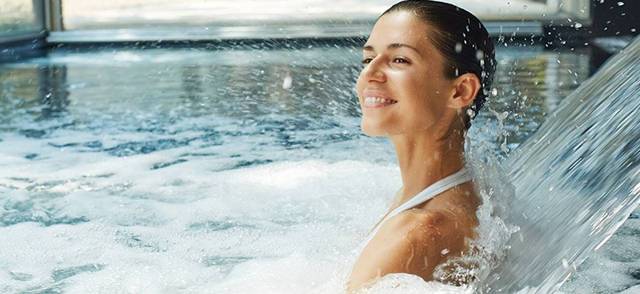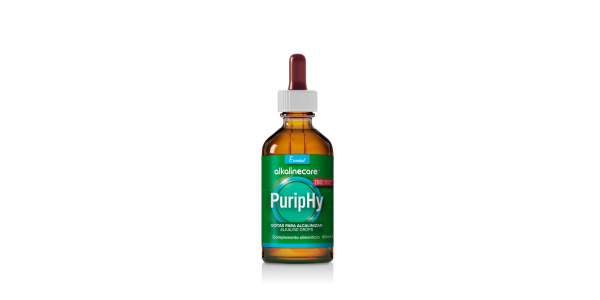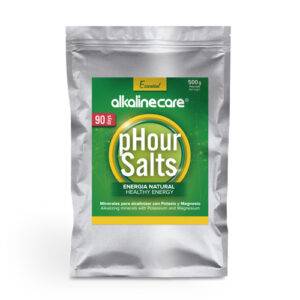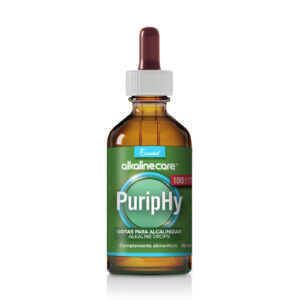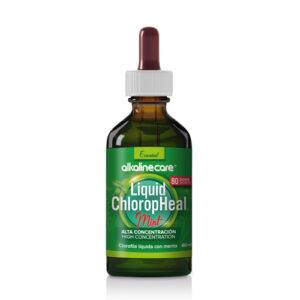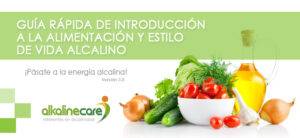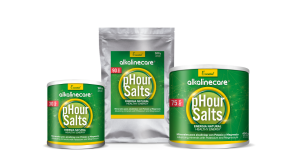Blue Planet. That is the nickname given to the Earth and whose nickname comes from the blue waters that cover it in its various forms (oceans, seas, rivers, lakes, ice, snow, water vapor…). The human body reproduces that same proportion, being made up mostly of H2O. So much so, that people and the planet share the percentage of water present in them (around 70%). The water that runs through the entire globe, that same water, will one day become part of us either by drinking it, washing ourselves with it, or ingesting it along with the food that sprouts and grows when watered with it.
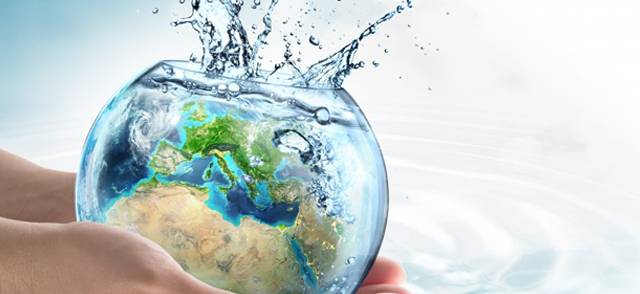
Healthy habits around water
Unfortunately today and with us being the only ones responsible for the problem, the waters of our planet are highly contaminated, finding waste of all kinds in them, from heavy metals to plastics and remains of chemicals that harm their quality, healthiness, nutritional richness and biodiversity.
In this post, I encourage you all to consume water more responsibly and take a little care of the environment, since every gesture, every action, every person who contributes with conscious and respectful habits, will be helping to preserve and care for the environment. state of our valuable and unique planet.
Call launched and focusing on health, in this article you will find some guidelines and practical advice to improve our habits around water, making our lifestyle healthier and more conscious.

How to choose quality water to drink?
This is one of the most frequently asked questions among people who want to improve their diet and lifestyle. And rightly so, since there are so many brands of water on the market today, so many filtering systems, so many fads without a scientific basis and so much information – reliable or not – that we often feel disoriented and lost when we are faced with the choosing good water.
In any case, the ideal water should have the following characteristics:
Free of impurities
First and foremost, the water we drink must be clean water, free of toxic particles, heavy metals and other substances that are not inherent to water in its natural optimal state.
Alkaline
Although there are trends that advocate the consumption of low-mineralized water, the truth is that the water we drink should be rich in minerals, especially alkalizing salts (calcium, potassium, magnesium, zinc, sodium…) since they are not not only necessary, but essential for the proper functioning of the body. Electrolytes, for example, are essential to have good electrical conductivity and therefore, to carry out such vital organic functions as nerve impulses.
Alkaline water is rich in oxygen and helps us purify ourselves, promoting the cleaning of cellular waste from our metabolism.
Antioxidant
Water has the ability, like any other fluid, to give or steal electrons (provide or subtract energy). This natural tendency of liquid substances is called Oxidation Reduction Potential and is measured in mini volts (mv). The greater the electron-giving capacity of water, the more antioxidant power it will have and, conversely, the more electrons it steals, the more oxidative its effect will be on the body.
Moisturizing
Although it may be surprising, not all waters have the same capacity to hydrate us. Some hydrate us more deeply than others. This is because there are a series of factors that vary the grouping of H2O molecules. In its natural state (springs, lakes, rivers…) water molecules are grouped into small groups. Thus, water is able to penetrate better into the tissues and hydrate us more deeply.
Water for cooking
Many of us have already internalized how important it is to drink good quality water. But, what happens to the water we use for cooking? We often think that we can use tap water to boil vegetables, but nothing could be further from the truth! Food will absorb water and the toxins it contains, so we must choose filtered or bottled water for cooking as well.
Heavy metals, for example, are not eliminated by boiling water. What’s more, we must bear in mind that part of the water we cook with will evaporate when boiling, which will result in water that is more concentrated in heavy metals.
BPA free water
Bisphenol A (or BPA) is a substance present in many plastics and an endocrine disruptor capable of causing imbalances in the hormonal system at very low concentrations with possible repercussions on health. In developed countries, it has a wide distribution, being present in all types of plastic containers, cans and even, according to a scientific study published in a prestigious scientific journal, the Journal of the American Medical Association (JAMA), on shopping receipts. . Therefore, if we consume bottled water, we must make sure that the containers we buy are BPA-free or choose glass bottled water.

Water and toilet
When brushing our teeth, showering, washing our face and hands… Every time our skin comes into contact with water, we absorb part of it. Chlorine, for example, is absorbed through inhalation or through the skin. Can you imagine the amount of chlorine your body absorbs every time you shower?
Seawater
Our body is made up of the same solution of water and minerals that we find in the sea. Our fluids (tears, sweat, urine…) are salty, which makes it evident that we need mineral salts to maintain their natural balance. Including seawater in our diet is a healthy habit that purifies and remineralizes us. We can add a splash of seawater to our stews and sauces instead of salt. Drink a small amount daily or find any other practical way to incorporate it into our diet. Seawater must always be purchased, which guarantees its healthiness and that it has been purified. It is not advisable to collect seawater at our discretion and without the necessary resources to analyze it.



